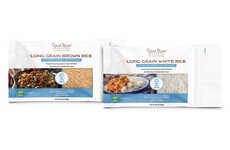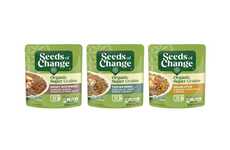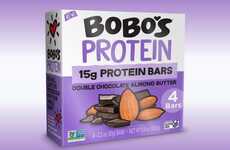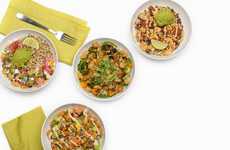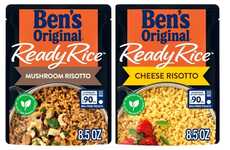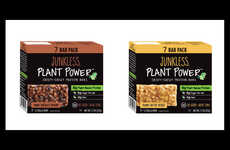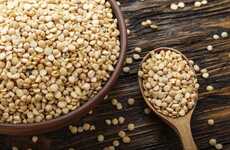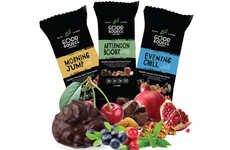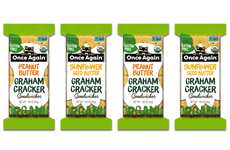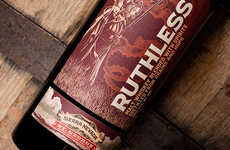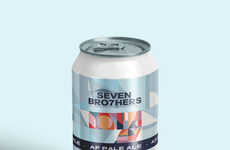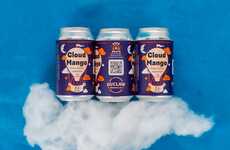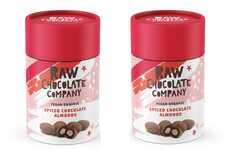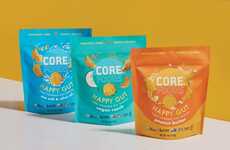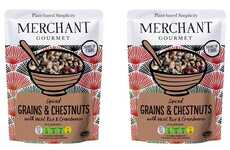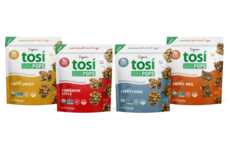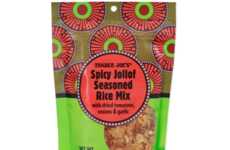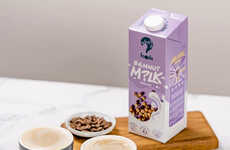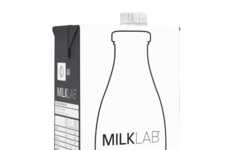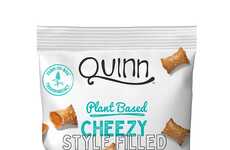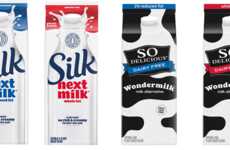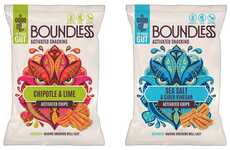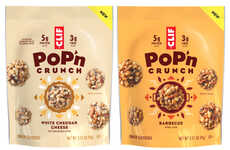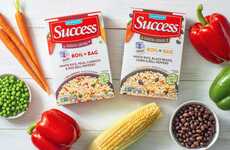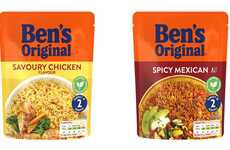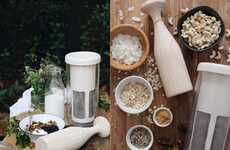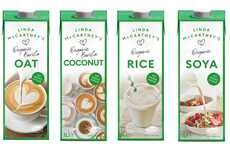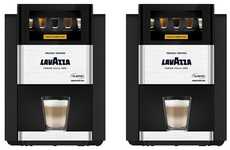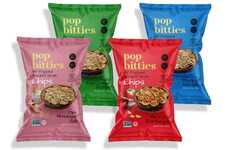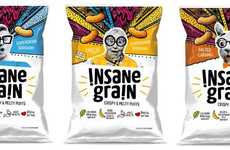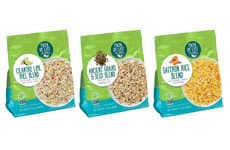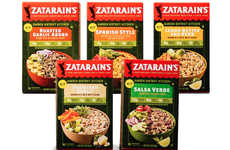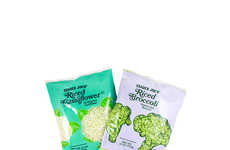
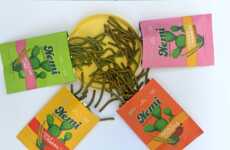
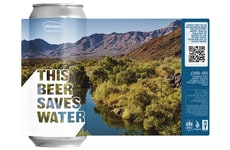

Food and beverage brands offer products based in water-conserving ingredients
Trend - As climate change worsens, eco-friendly food and beverage products become more popular. Now, natural ingredients that can be made with limited quantities of water are being touted as drought-friendly options in the food and beverage space.
Insight - The impact of climate change is now more visible--and rising temperatures, droughts, pollution and natural disasters are increasingly causing eco-related anxiety among consumers. As people learn more about the issue, they're less satisfied with surface green branding claims from businesses, and more interested in those that are able to show their impact. When brands align themselves to specific and measurable environmental goals that people are familiar with, they're better able to gain the trust of the increasingly discerning eco-conscious consumer.
Insight - The impact of climate change is now more visible--and rising temperatures, droughts, pollution and natural disasters are increasingly causing eco-related anxiety among consumers. As people learn more about the issue, they're less satisfied with surface green branding claims from businesses, and more interested in those that are able to show their impact. When brands align themselves to specific and measurable environmental goals that people are familiar with, they're better able to gain the trust of the increasingly discerning eco-conscious consumer.
Workshop Question - How could your brand better establish itself as protective of the environment?
Trend Themes
1. Drought-friendly Ingredients - As climate change worsens, eco-friendly food and beverage products become more popular, and natural ingredients that can be made with limited quantities of water are being touted as drought-friendly options.
2. Sustainable Super Grains - To combat climate change, more sustainable super grains like sorghum are being used as ingredients in snack products, offering a drought-tolerant and nutritious alternative to traditional grains.
3. Water-efficient Crops - Companies are utilizing water-efficient and drought-resistant crop options such as potatoes, cactus, and sorghum to reduce the water footprint of their products and combat droughts caused by climate change.
Industry Implications
1. Food and Beverage - The food and beverage industry can focus on using drought-friendly ingredients and implementing water-conserving production practices to offer eco-friendly products and appeal to the growing number of eco-conscious consumers.
2. Farming and Agriculture - The farming and agriculture industry can shift towards growing water-efficient crops such as potatoes, cactus, and sorghum to combat droughts and help conserve water resources.
3. Brewing and Distilling - Breweries and distilleries can use water-efficient ingredients and production practices to create sustainable beer and liquor products that appeal to consumers concerned about the environment.
